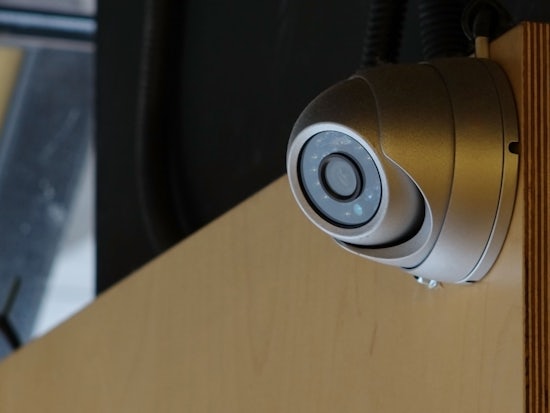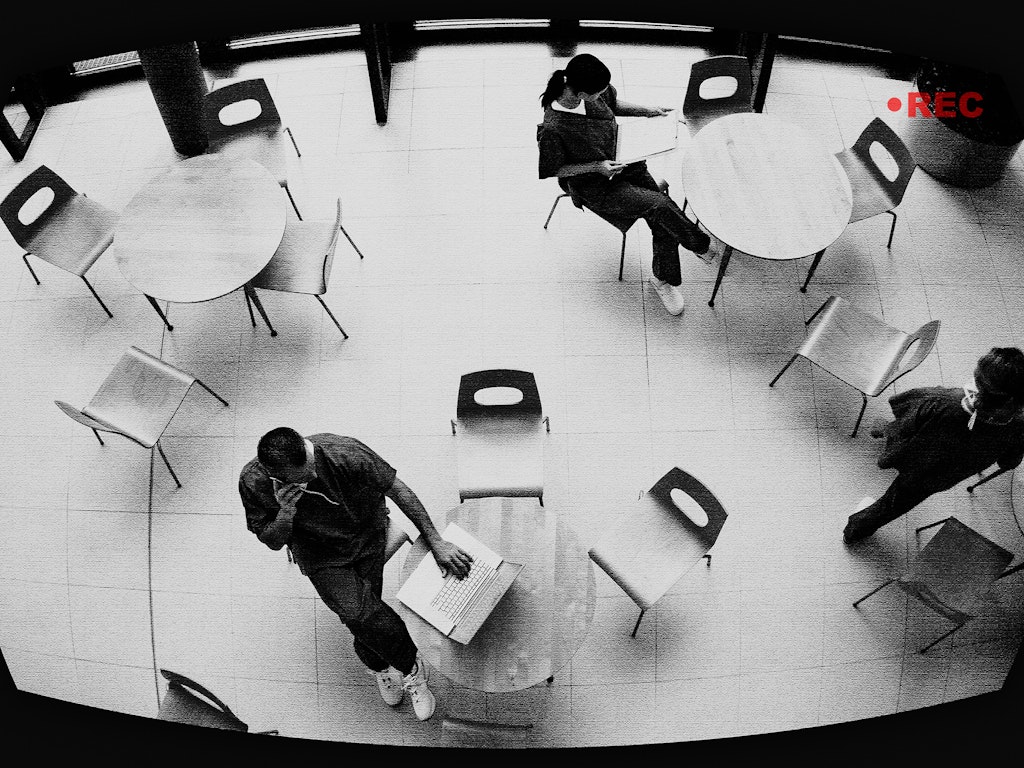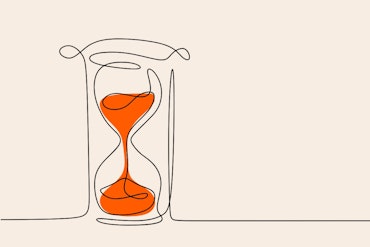Conversation once again turns to CCTV cameras in aged care
Heated debate surrounding the need for CCTV cameras in aged care has once again been sparked within the industry and broader community, following recent mainstream media coverage around abuse in care homes across Australia.

The topic of surveillance cameras in aged care is once again at the forefront (Source: Shutterstock)
Since the recent airing of an investigative two-part series into abuse in aged care by the ABC’s Four Corners, the public has taken to social media to share their thoughts, support and concerns surrounding the issue, with the sector and Government responding.
The topic was most recently up for debate just seven months ago following Occupational Therapy Australia’s 16-page submission to the Inquiry into the Quality of Care in Residential Aged Care Facilities in Australia.
Janet Bradford is one concerned member of the public who took to social media following the Four Corners report to speak on the ‘for’ side of the cameras in aged care debate.
“There are cameras on every street corner and every major road to watch everyone else so it’s a no brainer that they should be in every aged care centre,” Ms Bradford says.
While sharing some level of support for the use of cameras in aged care, Judy Fisher notes that she remains “in two minds” on the topic.
“If I thought there was something untoward happening I would probably agree but there is an issue of privacy…” she explains.
“Some residents can’t walk and have other problems after a severe stroke and need to be moved from their bed or chair in a lifter to the bathroom often in a state of undress or undressed and sponged down in bed or have pads changed.
“How would you feel being photographed in those circumstances. A true dilemma.
“Loss of dignity or safety? It should not come down to this in this day and age.”
Aged care worker Sarah Brewster O’Hanlon also joined in the debate, saying that as a worker she was open to the idea of cameras in resident’s rooms.
“I believe it would be ok to put cameras in rooms,” she says.
“In saying that some families would be confronted with what their relatives do to carers/nurses.
“A dementia patient can cause quite a lot of physical harm to nursing staff… so yes cameras would be a good idea.
“It’s not always bad staff… some of us actually love and respect the people we look after.”

Chief Executive Officer (CEO) for national consumer advocates Council on the Ageing (COTA), Ian Yates, says the use of hidden cameras, to which families and staff feel they have to resort to protect residents, involves “complex privacy and other legal issues” that the recently announced Royal Commission must help untangle “so we can protect residents and at the same time respect their rights to privacy in their own bedrooms”.
Australian Nursing and Midwifery Federation (ANMF) Federal Secretary Lori-Anne Sharp also highlights the issues cameras raise around privacy, despite noting a need to protect those in aged care from any form of physical, mental or emotional abuse.
“Any form of elder abuse is extremely distressing to us all,” Ms Sharp says.
“We can certainly understand the frustration of people whose loved ones in nursing homes aren’t receiving the care they deserve due to insufficient staffing.
“We share their concerns and understand that many of their complaints have fallen on deaf ears, with the failure of Government and regulatory bodies to respond.
“This is why some distraught relatives have taken matters into their own hands.
“But we do not condone the use of surveillance cameras due to privacy concerns.”
Ms Sharp says surveillance will not necessarily stop incidents from occurring, and says “we need” mandated staff to resident ratios, formally trained and regulated personal carers and the appropriate level of skill mix on every shift.
She adds that their research demonstrates that care would be provided by a mix of nurses and carers, that is a skill mix of 30 percent registered nurses, 20 percent enrolled nurses and 50 percent carers.
Minister for Senior Australians and Aged Care Ken Wyatt remains neutral on the topic, saying that while nothing has come of previous discussions of cameras in aged care, when it comes to the welfare of senior Australians receiving aged care services, “nothing is off the table”.
“Approved providers of residential aged care are required by law to ensure each care recipient is safe from harm and can live in a safe, secure and home like environment without exploitation and abuse,” he explains.
“Providers are also responsible for ensuring each care recipient’s right to privacy, dignity and confidentiality is recognised and respected.
“Achieving a balance between the right for each care recipient to live in a safe environment with their right to privacy is a matter for aged care providers to negotiate with care recipients individually, in the context of the relevant state and territory legislation.”
Anyone with concerns about staffing levels or quality and safety of care within aged care is urged to immediately report these matters, openly of anonymously, to the Aged Care Complaints Commissioner on 1800 550 552.























